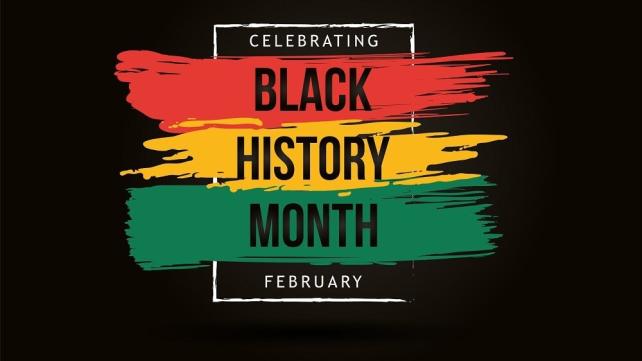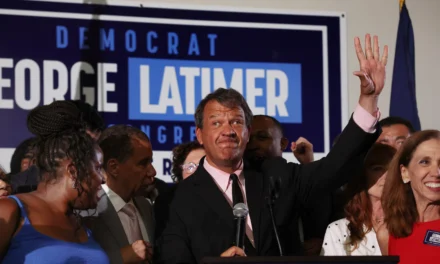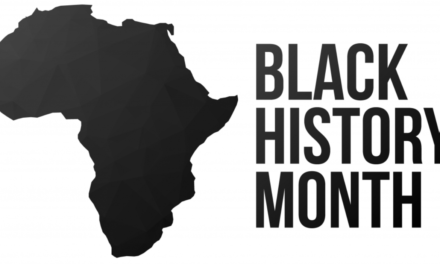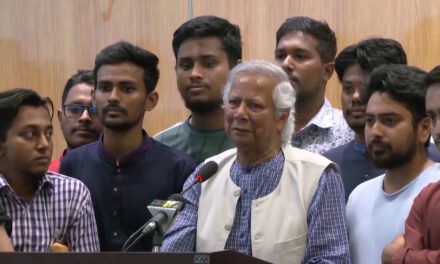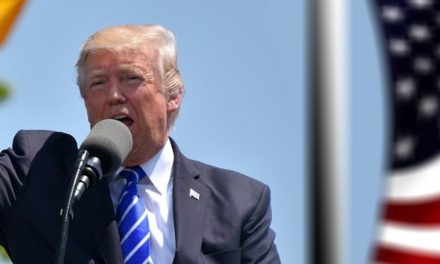Talking And Thinking Points
- Black History Month in the United States this year began amid weeks of protests against another brutal murder of a Black man by police: Tyre Nichols, who died on January 10, 2023 in Memphis, Tennessee, three days after police officers severely beat him.
- In the United States, according to a study published in the medical journal The Lancet last year, Black Americans experienced fatal police violence at a rate 3.5 times higher than white Americans.
- Nichols’ death once again brings into focus the prevalence and ongoing acceptance of police brutality and racism. This is despite historic protests against longstanding law enforcement violence directed at Black Americans after the murder of George Floyd in May 2020.
- What is unique about Nichols’ case though is that unlike with Floyd, all five officers directly responsible for his death were Black.
- This brings into focus the systemic nature of racism in our nation’s policing system, as well as our culture and history.
- Systemic racism has never been adequately addressed in American history. However, even discussions about it have come under attack.
- In specific, over the last two years, there has been a strong debate over whether or not Critical Race Theory should be taught in schools across the U.S.
- As Sound Vision’s Mahasin D. Shamsid-Deen writes, “CRT researches the role of race and racism in society. It explores how the social construct of race and institutionalized racism in America preserves a racial caste system that relegates people of color to the lower tiers in the society. Most importantly, CRT authenticates that racism is real and that America is not living in a post-racist society just because of the civil rights movement or the election of people of color to political office.”
- CRT has come under attack by American conservative groups like the Heritage Foundation. They argue that it teaches that whites are to be hated.
- This opposition and incorrect belief about CRT is not restricted to certain groups. It has now come under attack through laws like the “Stop WOKE Act”, which has been passed in Florida by Republican Governor Ron DeSantis.
- According to his website, “the Stop the Wrongs to Our Kids and Employees (W.O.K.E.) Act, a legislative proposal that will give businesses, employees, children and families tools to fight back against woke indoctrination. The Stop W.O.K.E. Act will be the strongest legislation of its kind in the nation and will take on both corporate wokeness and Critical Race Theory.”
- In December, the Florida Department of Education rejected an Advanced Placement African American studies course offered by the College Board, which it has been developing for over a decade. AP classes are optional, and high school students can take them to earn college credit or place into higher-level college classes. The state judged the course to be “inexplicably contrary to Florida law and significantly lacks educational value. In response, the White House called the decision “incomprehensible.”
- Recently, Florida teachers have resorted to hiding books in their own libraries for fear of being charged with a felony and facing jail time due to a law passed by DeSantis last year: HB 1467. It requires school districts to be transparent in the selection of instructional materials, including library and reading materials. It bars and “age inappropriate” books, requiring all reading materials “be suited to student needs.” However, this is made difficult by the fact that there are no clear guidelines yet. about how that is being done. Teachers who don’t make sure their books meet the standard risk facing up to five years in prison and a $5,000 fine for displaying a forbidden book. That is considered a third-degree felony.
- The bottom line is that unless systemic racism is publicly acknowledged and discussed, we as a nation cannot move forward to address this wrong, and avoid repeating our past. Racism in America is part of the present, and it is not just a crime committed by a few individuals. It is rooted in our very systems of education, housing, employment, law, and government.
Action Items:
- Get involved in speaking out against racist police brutality through letter-writing, joining protests, and contacting your government representatives about it.
- Generally, is the Muslim community in your city engaged in coalitions against racism? Coalition, common cause, and oneness of humanity defined Prophet Muhammad’s struggle for peace and justice. God’s peace and blessings be upon him. Encourage your Masjid, Islamic center, or group to follow this Sunnah.
- Read up on Critical Race Theory and become familiar with it.
- Share what you learn with your children.
- Support efforts in your children’s schools, or local schools to include it in curriculums. Remember that as a taxpayer, even if you do not have children who attend your local school, you still have a voice in most cases.
- Take relevant elements of Critical Race Theory and incorporate it into your classes at full-time and Islamic weekend schools.
- Am I a racist? It’s a question every Muslim must ask, answer, and make Dua for forgiveness if we have engaged in thought, word, or deed. Given the Islamic emphasis on brother- and sisterhood regardless of race or color, there is no room for racism or prejudice.
- Organize trips between different Masjids and Islamic centers in your community, reaching out so that you can “get to know each other” (Quran 49:13). For decades, we have struggled with the problem of ethnicity- or race-dominant mosques that do not interact with Muslims of other backgrounds. Break the cycle.
